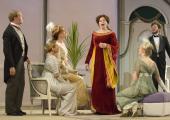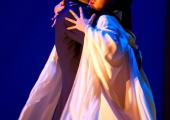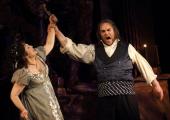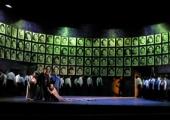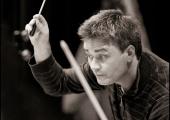Il Trittico, Royal Opera House
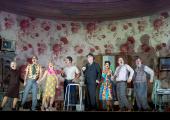
Puccini's three masterly one-acters well connected in an often stunning evening
You don't need to buy into the loose hell-purgatory-paradise trajectory of Puccini's one-act operas to greet the triptych as his comprehensive masterpiece, full of wry interconnections, orchestral wizardry and grateful if tough vocal writing.




